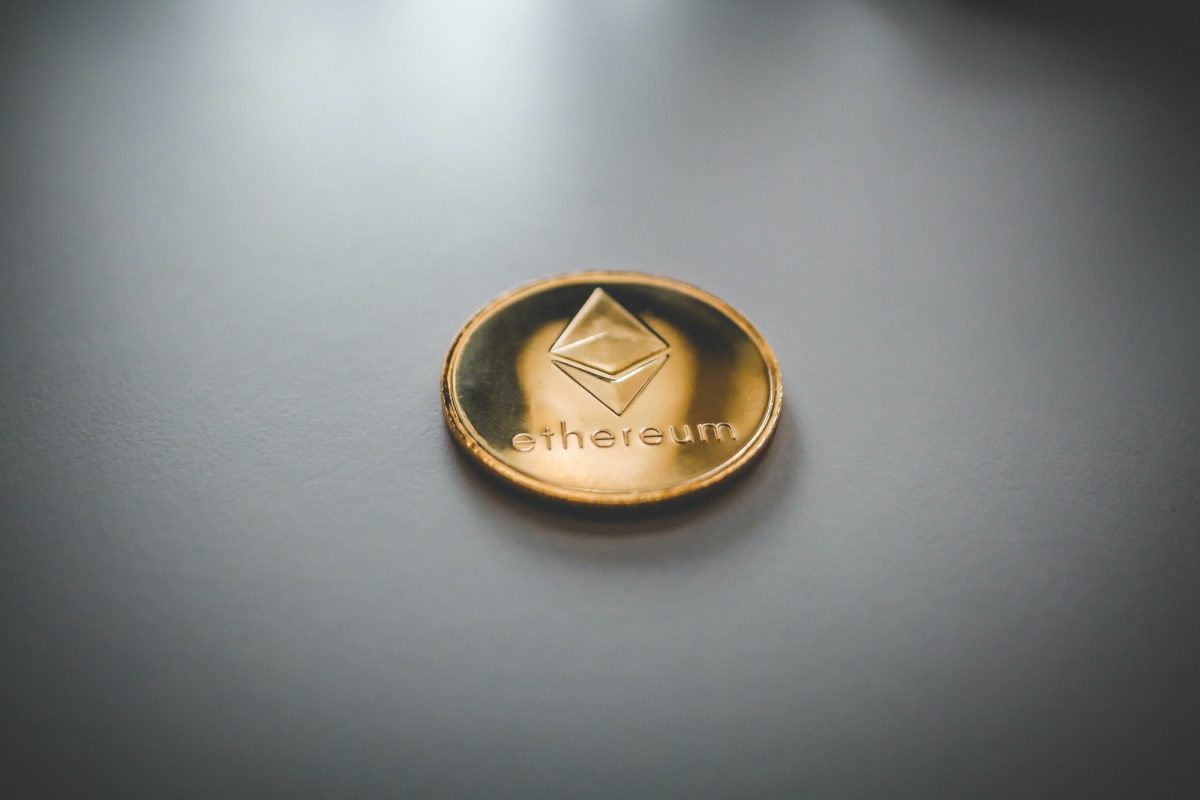Have you heard the acronym NFT, but do not understand what it means? It stands for non-fungible token. NFTs are unique, they cannot be exchanged with other NFTs, and they are publicly identifiable on the blockchain. We have been asked by many current and potential clients about how NFTs can be used in business, whether an NFT lawyer is needed to assist with the process of minting and auctioning NFTs, and what areas of the law matter most in the NFT industry. Without a doubt, intellectual property law such as copyright law and trademark law are of great importance, which are areas that we address on a daily basis.
If you have an interest in learning more about NFTs and this developing area of NFT Law, then feel free to contact us with your questions. We keep all communications confidential, pride ourselves on quick and active responses, and do not charge for initial consultations.
The bulk of our inquiries thus far in the early stages of the NFT industry come from individuals and companies interested in creating a limited edition NFT release with the intent of establishing a marketplace with great demand that is coupled with scarcity. Oftentimes this requires deal terms between various parties describing everything from deliverables to fees to promotional responsibilities. It is advisable for anyone thinking about entering the NFT space to hire an NFT lawyer who is well versed with complex transactional matters and has an appreciation for the structure and terms found in the NFT industry. I consider myself to be such an NFT lawyer.
A typical deliverable revolves around the collaboration of minting NFTs on an official marketplace in an effort to offer such minted NFTs for sale on a traditional auctioneer’s website, an NFT-specific marketplace (such as OpenSea), and/or a newly established website strictly built for the purpose of auctioning off the newly minted NFTs (i.e. an athlete-owned personal URL). Minting is the process of creating the file that survives on the blockchain, which cannot be modified or deleted.
An important component of any deal surrounding the minting of NFTs revolves around the intellectual property associated with the content that is being minted. If the NFT utilizes a work of authorship, then copyright considerations and even publicity rights need to be accounted for and there must be sufficient detail in any contract to specify whether any rights are being assigned or licensed. More common than not, the intellectual property holder should only be granting a non-exclusive license to use the IP in connection with the minting, advertising, promotion, and offering of the specific NFT at issue.
Additionally, the intellectual property holder should seek legal counsel in determining whether there is leverage to require written approval prior to any public use of the minted NFT and/or the underlying intellectual property rights. Without a doubt, all uses of any intellectual property should inure to the benefit of the intellectual property holder.
Beyond minting, there are several other NFT-specific terms that you and your NFT lawyer should be cognizant of and understand. For instance, there is typically a primary sale of an NFT followed by secondary sales. Clear splits must be established between the parties bound in the process of minting and selling the NFTs, which often vary between the primary and secondary offerings. Furthermore, the parties and NFT lawyers must be aware of and contract surrounding what is referred to as “gas,” which are fees based on the Ethereum network.
Finally, many contracts in the NFT space should include language surrounding audit rights, promotional responsibilities, and whether or not the established relationship between the parties is intended to be exclusive for a period of time. All agreements should absolutely stipulate the governing law and jurisdiction for any disputes and what happens in the instance that there is a force majeuere event.

